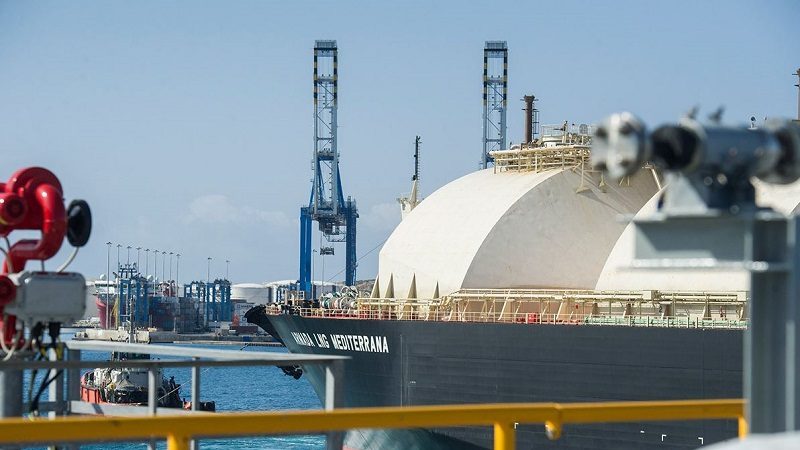After wide speculation as to what the contents of the missing pages on the public inquiry board report about the state’s role in the assassination of Daphne Caruana Galizia were all about, Matthew Caruana Galizia shared page 261 of the report in a Facebook post, which refers to how his mother had information that would have “put in doubt” the future of Electrogas.
The 470-page report compiled by the public inquiry board, which concluded that the state enabled the assassination of Daphne Caruana Galizia by fostering a climate of impunity, was not published in its entirety, given that evidence and testimonies are yet to enter the public domain in spite of the board’s insistence on all appendices being published as well.
According to news reports, the public inquiry board has been quoted as describing a ‘technical error’ being at fault for the missing pages in the report.
Under the heading ‘Project Electrogas’, page 261 of the report refers to the “large quantity of information” Daphne Caruana Galizia had received about the power station deal with a consortium which was led, from the side of the local investors, by the man accused of being complicit in Caruana Galizia’s assassination, Yorgen Fenech.
Fenech also turned out to be the ultimate beneficial owner of 17 Black, an offshore company set up to funnel kickbacks of up to €2 million to other offshore entities owned by former energy minister Konrad Mizzi and former prime minister’s chief of staff, Keith Schembri.
“She knew about the existence of 17 Black. She knew Electrogas was on the verge of failure and in September 2017 she wrote about this fact,” the report reads.
“Shortly after, the government issued a guarantee through which the company achieved ‘financial closure’ in November 2017, after she was assassinated,” it continues.
In 2015, a massive, €360 million loan guarantee was given to Electrogas. The guarantee was meant to provide a temporary buttress for an ailing project which eventually was rescued by a security of supply agreement, a legally-binding promise that the government would buy energy from Electrogas if Enemalta were to go bust.
“It is probable that if it were publicly and certainly revealed who was the owner of 17 Black before she was assassinated, the government would have found themselves in an uncomfortable position to provide the guarantee, with the future of the company put in doubt,” the content of the missing page reads.
“This is all while ignoring the fact that the Prime Minister’s Chief of Staff knew very well who the ultimate beneficial owner of 17 Black was, well before Daphne Caruana Galizia spread the news,” it continues.
In June of last year, after dodging reporters’ questions for years about whether he knew of Fenech’s role as the owner of 17 Black, Schembri had partially admitted prior knowledge in court by stating that he had listed 17 Black as a “target client”, one of 20 he claimed to wish to do business with ‘after exiting politics’.
One of the other two missing pages of the public inquiry report referred to the board of inquiry’s terms of reference and how the board was adamant on “not restricting themselves to one level of evidence, civil or criminal”.
Referring to the UK model of public inquiry, the board continued by stating that “these inquiries consistently allowed themselves flexibility in determining which level of evidence is needed to arrive at their conclusions”.
The other missing page refers to admissions from several ministers among the long list of witnesses who “expressed their satisfaction at the way the board was instituted as well as the way in which the investigation was bringing to public attention aspects that were not only not so well known bits of information about the way the country was being administrated but also of its virtues and its defects”.














